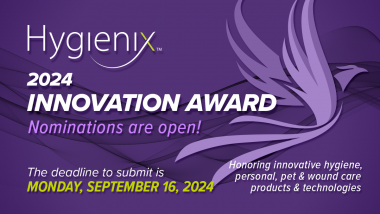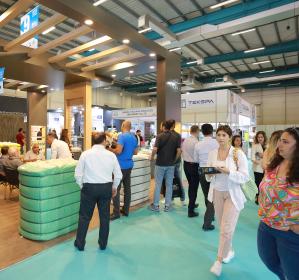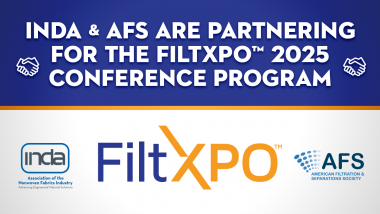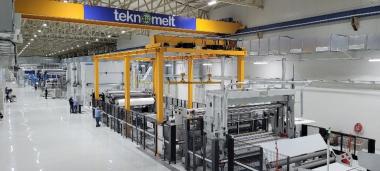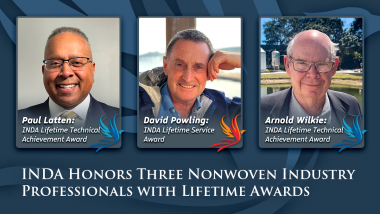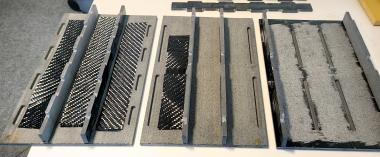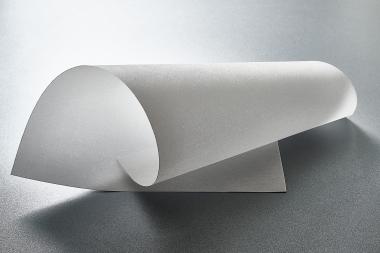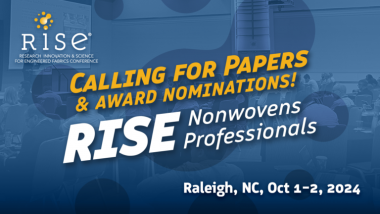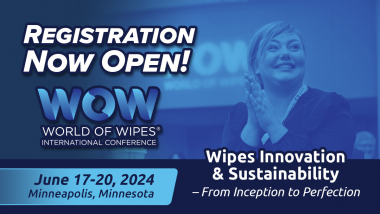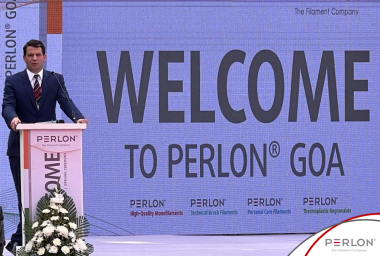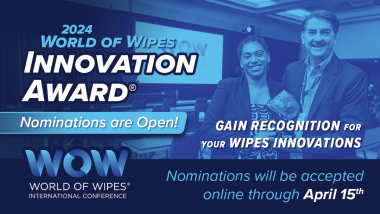Durak Tekstil: Expansion in Turkey and North America
Durak Tekstil, a Turkish developer of industrial sewing and embroidery threads, is currently making plans for a new and expanded factory at its base in Bursa, as well as opening a regional office in North America next year.
A continuous focus on R&D and the launch of some highly-differentiated products is driving the success of this third-generation family-owned company, which was initially founded in 1971 to provide Turkey with fishing net twine – at that time 100% imported. Durak then expanded into the production of rayon and polyester embroidery threads before successfully diversifying into a wide range of niche and specialised markets, while growing an international customer base. This growth has been accompanied by continuous investment in the latest advanced production technologies.
Among their products is Duma®, a centreless pre-wound under-bobbin made from strong continuous polyester filaments, which is available in various sizes and thanks to careful selection of raw materials and the use of lubrication methods retains its exact tension from beginning to end.
Working on a similar principle is the Duraless® hollow core thread, and both have a melting points of 260ºC and soften at between 220-240ºC. A high heat tolerance is achieved compared to conventional sewing threads when the shrinkage rate at 150ºC is calculated to be less than 1%. The threads show high resistance to most mineral acids, are unaffected by bleaching and micro-organisms and do not deteriorate in washing and dry cleaning.
Other innovations focus on functionality, including the new SilverPro conductive thread for smart textiles and wearable technologies, luminous Milky Way, Redolent scented thread, the Fire-Safe range of meta-aramids and para-aramids and the Cut Safe range manufactured from various combinations of UHMWPE, glass fibre and elastane.
Durak Tekstil / AWOL Media





